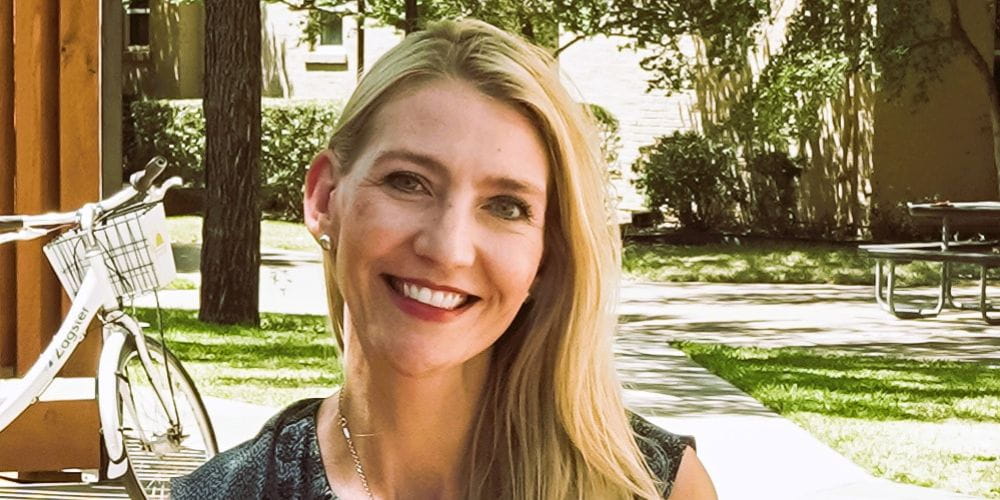A new treatment for those struggling with substance misuse? Better sleep.
In a new study, an assistant professor in The University of Texas at Arlington’s School of Social Work reports that behavioral health practitioners should more carefully consider sleep health when treating clients struggling with substance misuse.
Christine Spadola, lead author of the study, said she saw numerous examples of sleep-deprived clients in her private practice and identified a link to their substance misuse.
“I could tell from my clients when they could or could not sleep and how that negatively impacted their mental health,” she said. “I remember thinking, ‘Wow, this was never a chapter—not even a paragraph—in a textbook in my training.”
Spadola’s study, “Sleep and Substance Use: Practice Considerations for Social Workers,” appears in the Journal of Social Work Practice in the Addictions. An interdisciplinary and multi-institutional research team comprising experts in social work, behavioral health and sleep medicine co-authored the study, including UTA’s Micki Washburn, assistant professor in the School of Social Work, and faculty from Harvard Medical School, Florida International University, and the University of North Texas.
Recent research has found a connection between poor sleep health and substance misuse, with data showing that sleep onset latency, or difficulty falling asleep, is especially associated with a return to substance use.
“When we are sleep deprived, we have less self-control. It’s more difficult to make healthy decisions, and we are more likely to self-medicate with food, alcohol and drugs,” said Spadola, who completed a postdoctoral fellowship at Harvard Medical School’s Division of Sleep Medicine. “This can be especially tricky for someone in treatment for substance misuse.
“Moreover, individuals in treatment for substance use might have previously used substances to promote sleep; thus, education on substance-free ways to promote sleep is important among this group.”
In the paper, Spadola and her team advocate for social workers to be trained in identifying poor sleep health in clients and to include sleep-health-related interventions in treatment settings. That includes sleep health assessments, client referrals to appropriate specialists, social workers being trained on evidenced-based behavioral sleep health interventions and the promotion of a healthy sleep environment in residential treatment settings.
Spadola pointed to an experience she had with a student who said she was misdiagnosed with treatment-resistant depression for five years. The student then decided to switch mental health clinicians. Upon hearing how the student fell asleep frequently, that clinician referred the student for a sleep study.
“She didn’t have treatment-resistant depression. She had narcolepsy,” Spadola said. “Hearing how that changed her life was just a formative experience for me.”
Many behavioral health programs, including social work, do not typically include sleep health education. Spadola hopes for the development of awareness programs that stress the importance of sleep health and its recognition in the social work field. She is working on a similar program herself—a two-hour online training course for social workers that she hopes to roll out to UTA students.
“Equipping social workers on sleep health and evidence-based sleep interventions is an important first place to start,” she said. “We need social workers to pay attention to this.”
